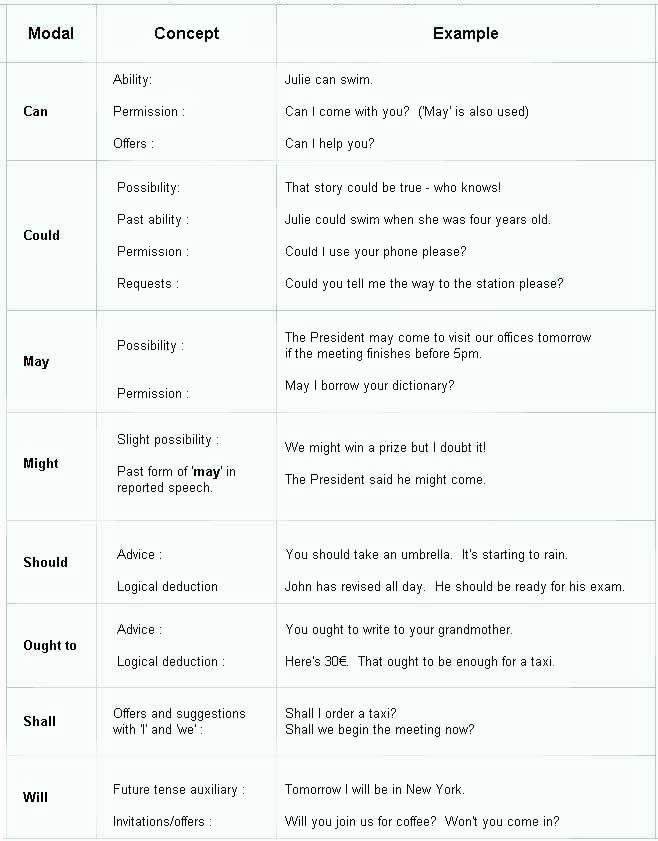Some pronouns are definite in that they replace a specific noun or another pronoun. But sometimes things aren’t so clear-cut. We don’t need to refer to anything or anyone definite. So what do we do for a pronoun? In those cases we use indefinite pronouns.
What are Indefinite Pronouns?
As the name suggests indefinite pronouns are pronouns that are not definite in meaning. In other words they are not specific in which noun they replace. They may be singular or plural, and must match the verb in number.
There are two categories of indefinite pronouns. The first category includes pronouns that refer to a nonspecific noun. These pronouns are:
| anybody | anyone |
| anything | everybody |
| everyone | everything |
| nobody | none |
| no one | nothing |
| somebody | someone |
| something |
Example:
Anything is possible if you believe.















 How many
How many









